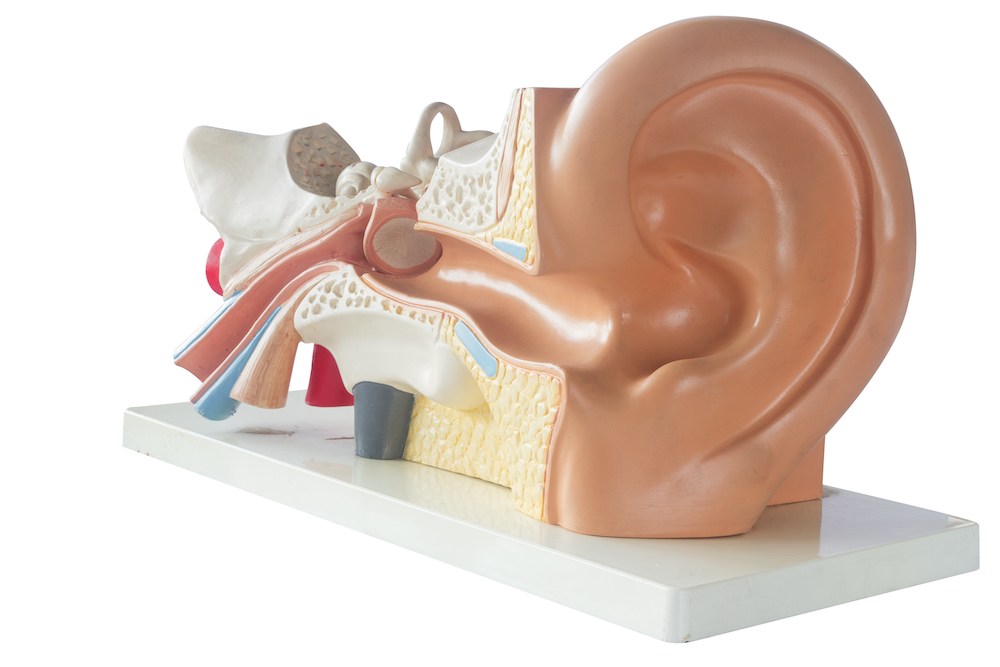The Impact of Springtime Weather on Hearing Aids
Spring brings warmer temperatures, afternoon rain showers and higher


Spring brings warmer temperatures, afternoon rain showers and higher

Living with hearing loss can make social situations more difficult, but it

Better hearing keeps you connected to the moments that matter –